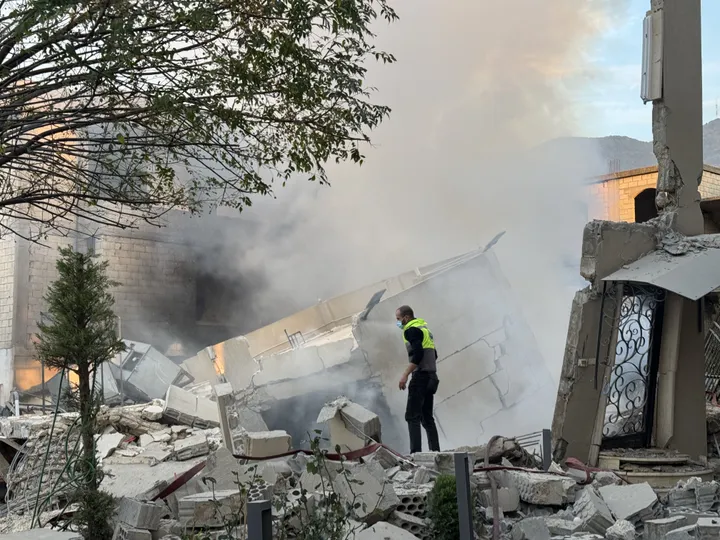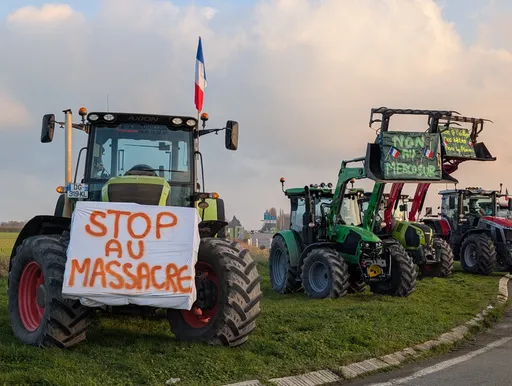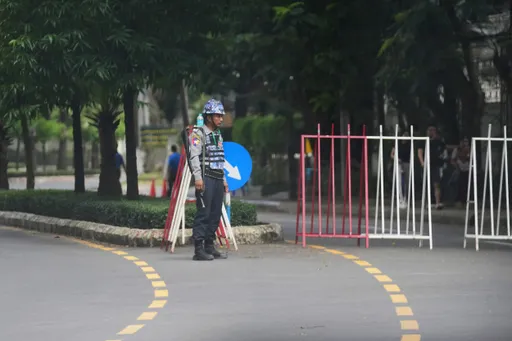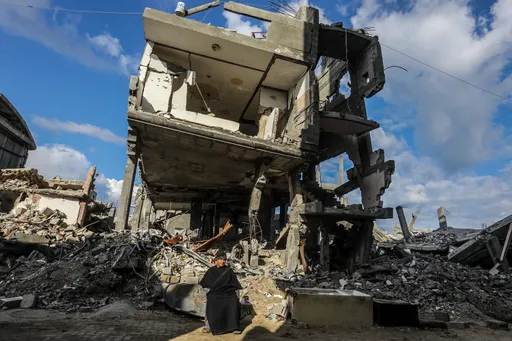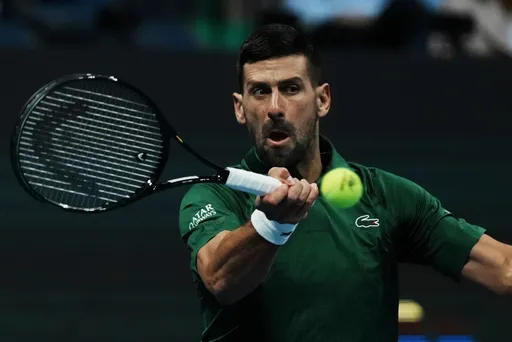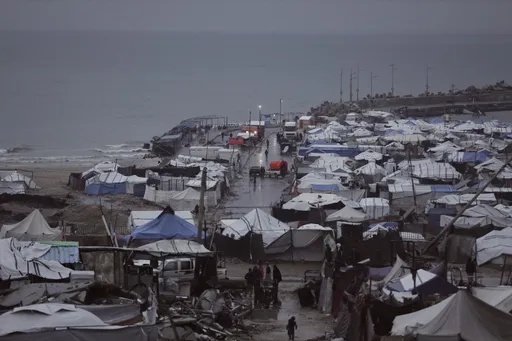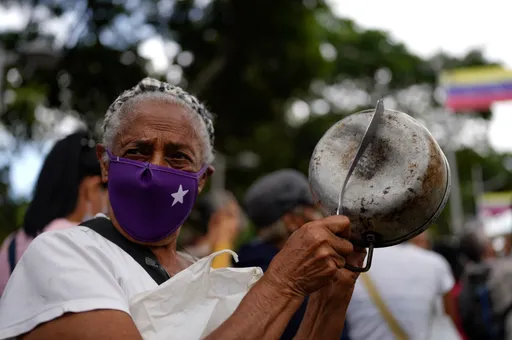Armenian opposition leader Nikol Pashinyan on Wednesday called an end to a wave of protests and said all parties would support his bid to run for prime minister again next week.
"The issue has practically been solved," he told tens of thousands of people during a rally in the capital Yerevan. "All factions said they would support my candidacy."
"Kids, you are going to school tomorrow. We are suspending protests and going to have a rest."
Lawmakers will convene on May 8 for a new extraordinary session to elect a prime minister, after the ruling Republican party on Tuesday sank the hugely popular opposition leader's bid to take power, voting him down in parliament.
In response, tens of thousands of Armenians on Wednesday launched a nationwide general strike, blocking key transport links, suspending railway traffic across the country and virtually shutting down Yerevan and other cities.
Days of protests in the small ex-Soviet state have created a standoff between opposition leader Nikol Pashinyan's supporters, who have mobilised thousands of people to take to the streets, and a ruling elite which is determined to hold on to power and still controls the security apparatus.
The standoff is being watched closely by Russia, which sees Armenia as a close ally and is wary of it going the same way as Ukraine, where an uprising swept to power new leaders who pulled the country out of Moscow’s orbit.
TRT World'sIolo ap Dafydd reports from the Armenian capital.
City at a standstill
In the capital, Yerevan, all the main streets were blocked by cars, minibuses and garbage bins. The road to the international airport was blocked. A spokesman for the civil aviation authority said one flight had been cancelled.
Reuters reporters in Yerevan said shops and offices were open, and some people were still trying to get to work, despite the roadblocks. Protesters marched through the streets, shouting “Nikol! Victory!“, waving flags and blowing horns.
Police tried to persuade protesters to open roads, but did not use force. Local media reported that there were also protests in several other cities in Armenia, a country of three million people that is home to a Russian military base.
Tiny Armenia is strategically valuable for Russia, nestled in the mountains between NATO-member Turkey and energy exporter Azerbaijan, with which Armenia has been in a state of conflict since both emerged from the collapse of the Soviet Union.
Pashinyan, in an interview with Reuters at a protest in Yerevan where he was surrounded by cheering supporters, said he would keep the pressure on the ruling party.
“My only power is my people. We are not going to give up,” said Pashinyan, dressed in his trademark camouflage T-shirt and cap.
“We will continue our strike and disobedience.”
Armenia’s president, Armen Sarkissian, called for talks this week to try to find a way out of the crisis.
The presidency is largely ceremonial, with most authority resting with the prime minister, under a new system that opponents say was devised to let veteran leader Serzh Sargsyan keep his grip on power after his second presidential term expired last month.
“I deeply regret that the political crisis continues despite the fact that everyone is talking about how dangerous it is for the future of the country,” Sargsyan said in a statement.
Hundreds of students started to march in Yerevan, waving flags and shouting "Nikol - prime minister!", while drivers sounded their car horns in support.
"We will paralyse the whole city and the whole country," said Sargis Babayan, a 22-year-old student wearing a T-shirt with Pashinyan's portrait.
Police tried to persuade protesters to open roads, but did not use force.
TRT World spoke to opposition campaigner Maria Karapetyan, who explains how Armenians are reacting to the call for a general strike.
Revolt fears?
The outcome of the standoff is likely to hinge on who blinks first: the opposition which is able to mobilise tens of thousands of protesters angry at what they see as official cronysim, or a ruling elite that controls parliament and the security apparatus and has Moscow’s backing.
Sargsyan, forbidden by the constitution from standing for a third term as president after a decade in office, tried to become prime minister last month. But his switch to the new job triggered protests, so he stepped down after just a week.
That appeared to signal a shift in power in a country run by the same cadre of people since the late 1990s, but the ruling Republican Party has so far stopped short of handing authority to Pashinyan.
Pashinyan, a 42-year-old former journalist who spent two years in jail for fomenting unrest after Sargsyan was first elected in 2008, was put forward to parliament as the only nominee for the vacant prime minister’s job.
The Republican Party has a majority in the legislature and after hours of acrimonious debate it withheld its support for Pashinyan, leaving him short of the support he needed.
Not all Armenians back the protests. Some see Pashinyan as a demagogue who is trying to oust the country’s democratically elected leaders by whipping up public anger.
Reuters reporters witnessed two incidents in Yerevan when the drivers of vehicles remonstrated with protesters blocking their path.
“The country can’t exist like this. I couldn’t get to work today and called in to say that I wouldn’t come,” said Zhanna Petrosyan, a 56-year-old doctor.

